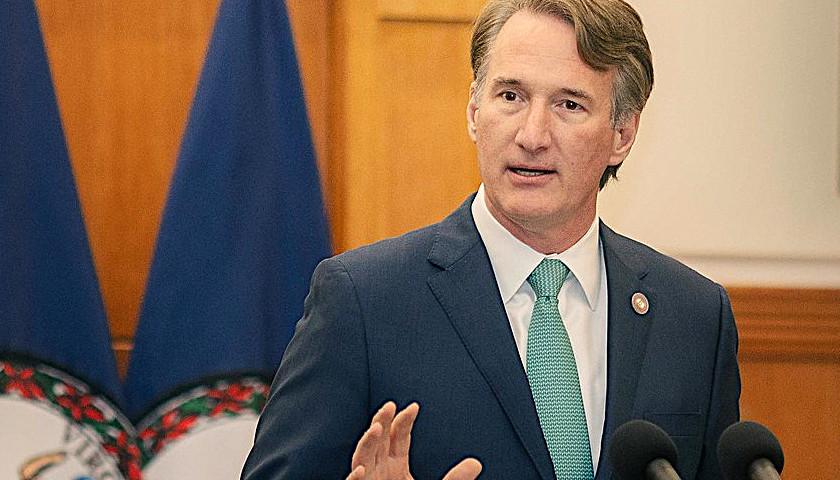The Minnesota Supreme Court upheld Minneapolis’ $15 minimum wage ordinance in a Wednesday ruling, putting an end to a legal battle that began in 2017.
“The battle over our minimum wage ordinance is over,” Mayor Jacob Frey said in a statement released on Twitter after the ruling. “Today’s ruling affirms the right to a living wage for thousands of workers and cements Minneapolis’ status as a city willing to fight for inclusive economic policies.”
The battle over our minimum wage ordinance is over.
Today’s ruling affirms the right to a living wage for thousands of workers and cements Minneapolis’ status as a city willing to fight for inclusive economic policies. https://t.co/FpPQeaOUto
— Mayor Jacob Frey (@MayorFrey) January 22, 2020
Graco, Inc., a Minneapolis-based manufacturing supplies company, sued the city on November 10, 2017 seeking a permanent injunction against the ordinance’s enforcement. The company argued that the ordinance would result in a “patchwork of regulation” that would “unfairly” burden employers as they “attempt to comply with different wage rates imposed by different municipalities across the state.”
The company also pointed to the Minnesota Fair Labor Standards Act (MFLSA), which establishes the statewide minimum wage employers must pay their employees.
“Graco contends that, because the MFLSA expressly permits large employers to pay at least $9.86 per hour, which is less than $12.25 per hour, and because the City’s ordinance prohibits large employers from paying wages less than $12.25 per hour, the ordinance impermissibly conflicts with the MFLSA,” the Minnesota Supreme Court explained of Graco’s argument in its ruling.
Both the Hennepin County District Court and Minnesota Court of Appeals upheld the ordinance in previous rulings. The lower courts argued that the MFLSA sets “a floor, not a ceiling, for minimum-wage rates, thus leaving room for municipal regulation.”
The lower courts also found that regulation of the minimum wage “is not solely a matter of state concern.”
The high court’s Wednesday opinion, authored by Chief Justice Lorie Skjerven Gildea, agreed that the Minneapolis ordinance “operates in harmony” with the MFLSA.
“Graco’s argument, while not without some initial appeal, ultimately fails,” said Gildea. “If one focused solely on the specific dollar amounts, the MFLSA could be read to permit employers to pay hourly wages at a rate less than the rate the ordinance requires them to pay. In that limited way, the ordinance would seem to forbid what the statute permits. But the Legislature stated plainly that employers ‘must’ pay ‘at least’ the minimum hourly rate provided by the statute. The Legislature’s use of the phrase, ‘at least,’ clearly contemplates the possibility of higher hourly rates. The ordinance therefore does not forbid what the MFLSA permits but instead complements the statute.”
As of July 1, 2019, the state minimum-wage rate was $9.86 per hour for large employers and $8.04 per hour for small employers. The Minneapolis ordinance requires large and small employers to pay Minneapolis workers $15.00 per hour by 2022 and 2024, respectively.
The full ruling can be viewed below:
– – –
Anthony Gockowski is managing editor of The Minnesota Sun and The Ohio Star. Follow Anthony on Twitter. Email tips to [email protected].








